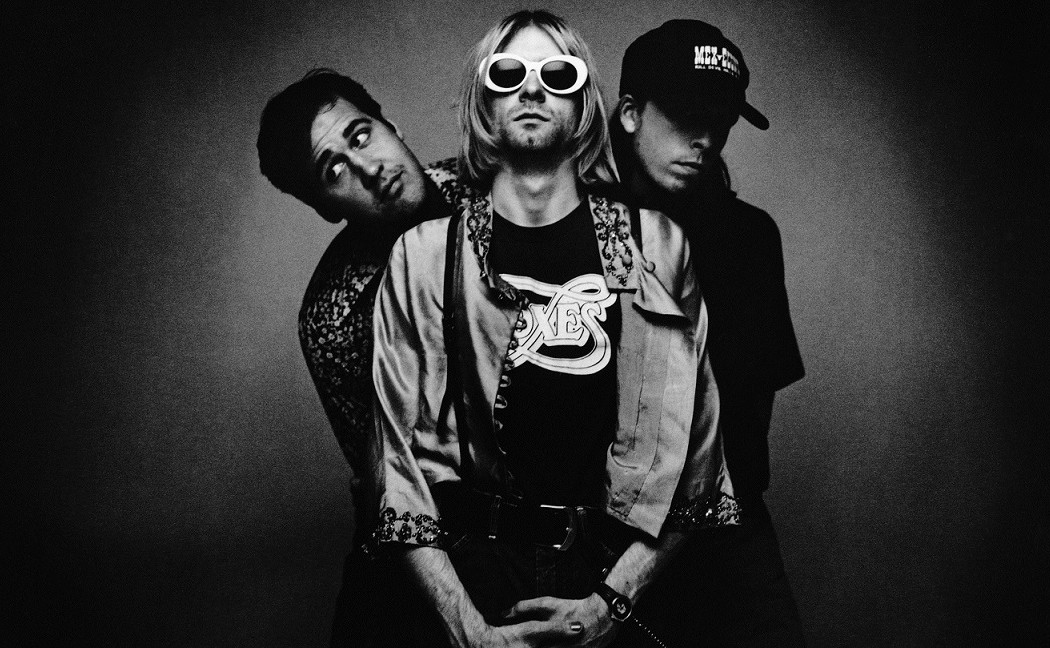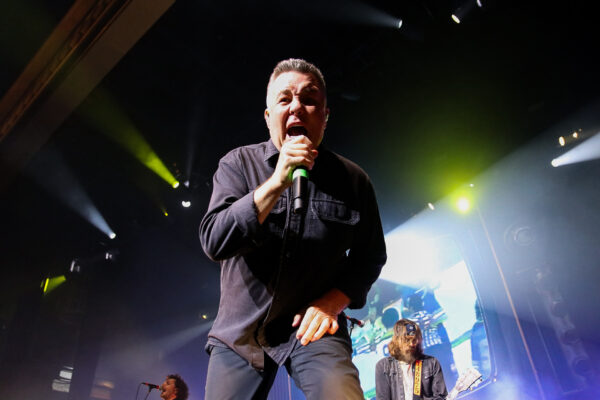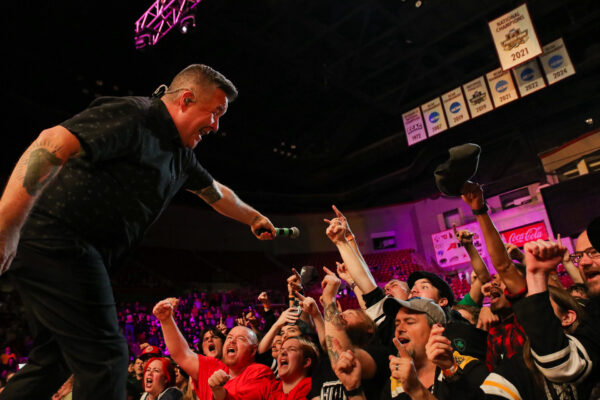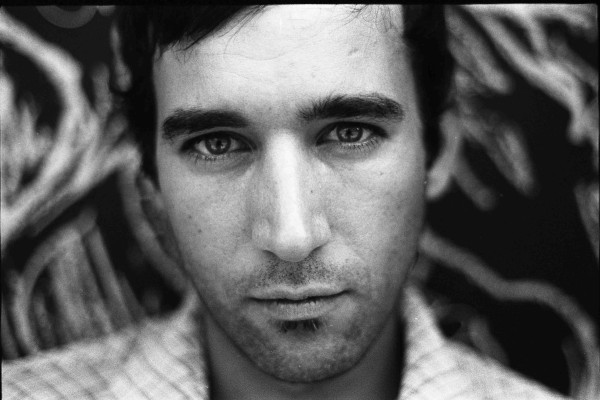Let me rephrase; it’s not that I don’t like Nirvana, let’s get that out of the way first and foremost. I’m old enough to know who they where, still are, and where they came from. I’ve read This Is A Call, Paul Brannigan’s fantastic biography on Dave Grohl. I’ve watched numerous documentaries and television specials on Kurt and the band, including the most recent, Montage of Heck. I would by no means call myself an expert on the band, but I’ve listened to and read enough about them that I can hold my own in a conversation or debate when the topic comes up.
I really enjoyed listening to In Utero’s 20th Anniversary Deluxe Edition when it came out a few years ago, hearing different mixes and demo recordings of “Heart Shaped Box” and “All Apologies.” I appreciate audio enough to dig the sonic fullness of Butch Vig’s masterpiece with the group that is Nevermind. If there’s a drum riff that truly defines rock, it has to be Grohl’s thunderous fills on “Smells Like Teen Spirit.”
So being said, as a music writer and fan, I enjoy listening to Nirvana – unfortunately I’ll never be able to fully appreciate the band and their music.
I was born in 1988. My first memories and experiences of really listening to and appreciating music from a rock/pop perspective, was listening to my mom’s old Beatles’ vinyl, wondering who these bearded fellas were and why they all sounded the same when they sang, and Fleetwood Mac albums on the long vacation car rides we would take. By the time I began developing a taste for what I enjoyed listening to, Kurt Cobain had been dead for three years. It was 1998 and I was part of the musical pre-teen/teenage generation that will someday be referred to by music journalists as the TRL Generation.
I missed the grunge era of 1990-1995. I didn’t miss it by much, but I was too young to know what was going on in pop-culture on the musical side of things to have remembered and understood what it meant. Rock music went from hair metal. that ruled the 80s MTV scene, to underground alt-rock and grunge that would eventually define a decade. By the time I was of age to understand popular music however, grunge and Nirvana’s dominance over MTV and pop/rock radio had died with Cobain with his 1994 suicide.
My first taste of musical idolism came at 3pm every day right as soon as I got off the bus from school. I’d run into the house with my sister and we’d turn to channel 39 just in time to see a crowded Times Square pan up to the MTV offices and Carson Daily welcoming millions of teenagers back for another day of music video countdowns. The grunge dinosaurs were extinct at that point, it was the age of the boy bands and pop divas. Hip-hop had changed focus from hate-filled NWA and Public Enemy – to pop-based rappers like Diddy, Nelly, and Ja Rule. A few rock bands were left over from that early 90s era like Creed and Blink 182, but like some drastic climactic global shift, it seems like music took a drastic change as it began the second half of the decade.
I don’t feel guilty or bad about it. Like any generation of kids, you take in the content that’s fed to you. In my generation’s case (the beginning of the millennial generation), that age group was now being exposed to the later 90s music industry, of what would later become the over-produced 2000-era pop music.
I missed Nirvana’s dominance and the influence they had on teenagers and 20-somethings of the early 90s by a few years, and because of that, I’ll never be able to appreciate what they did. I missed it. You can watch as many episodes of Cheers or MASH, and listen to old stand up albums by Richard Pryor and Don Rickles, and watch YouTube videos of Johnny Carson or Ed Sullivan, but unless you REALLY experience it in real time and see the effect it has on popular culture, you just can’t appreciate them for what they really brought to our everyday lives via music, comedy, television, or whatever median it may be.
When Cobain died, legendary Rolling Stone writer, and in my opinion the greatest rock journalist on the planet, David Fricke said that this generation lost its John Lennon. He was probably right, but he wasn’t talking about my generation, that voice belonged to someone just for or five years older than me.
I’ve never had a desire to buy or wear a Nirvana t-shirt. I don’t have any posters of them on my wall and never have. I own most of their catalog in my CD rack and iTunes, but unless I really need a pre-workout pump up playlist, I usually don’t listen to them much. I’d have to say the most I’ve ever gotten out of Nirvana is some really great Foo Fighters concerts and songs.
I know you think to yourself – “But Tommy you’re such a huge Aerosmith and Zeppelin fan, you didn’t experience that generation either and you listen to them all the time.”
You’re right; I may listen to Led Zeppelin IV and Toys In The Attic more often than Nevermind, but I’ll never be able to appreciate what those bands did for stadium rock in the 70s either. The difference between them and Nirvana, is as a 26-year old who was old enough to still experience the latter half of the 90s music scene, I’m expected to worship and appreciate Nirvana for the creative Gods they may or may not have been as opposed to The Beatles of Aerosmith who played decades before I was born and have no expectations to be a fan of, but I can’t. I missed the cut by just a couple years.
I’m certainly realistic, it’s not like my opinion will mean anything to Nirvana fans or Kris, Dave, or Courtney Love (don’t get me started on her role in the band’s history), but as a musically active millennial, who would like to think has a pretty solid opinion on lots of debates and discussions on rock music, I’d like to stick up for my age group and acknowledge the fact that yes, Nirvana was a cultural phenomenon and deserves their spot in music and pop culture legacy and lore, but unfortunately I’m also stuck in a limbo state in-between eras, a victim of my own musical birth date, and will never be able to truly appreciate Nirvana and what they meant to the musical world.
Article: Tom Shackleford




